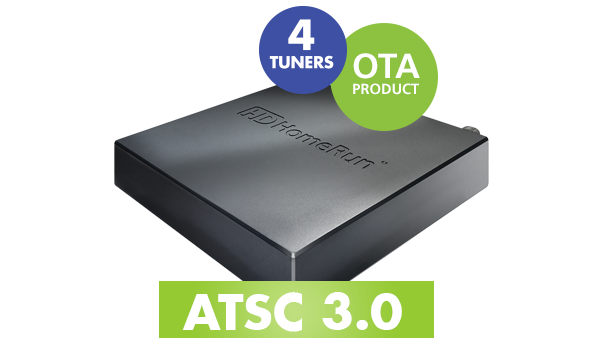
WASHINGTON—Pearl TV told the Federal Communications Commission in an ex parte letter filed July 25 that previously filed comments by SiliconDust ignore the fundamental reason why the company’s HDHomeRun device does not decrypt A3SA-protected programs.
“The July 22, 2025 response from SiliconDust to the Pearl filing does not deny this central assertion,” the Pearl TV comments said. “Instead, the SiliconDust filing curiously rebuts points that were never claimed (e.g., “SiliconDust does not provide technology to China or receive financial benefit from China.”), and yet fails to answer the fundamental point: the HDHomeRun relies on a Huawei manufactured chip.”
Pearl TV originally submitted ex parte comments July 18 to the FCC in which the group said SiliconDust’s device uses a System on Chip (SoC) produced by HiSilicon, a wholly owned subsidiary of Huawei. It told the agency Huawei is on the U.S. Commerce Department’s “Entity List” of companies identified as a national security threat to the integrity of the nation’s communications networks.
SiliconDust’s business decision to use the SoC “explains why the several thousand U.S. users of HDHomeRun devices will have challenges accessing the full scope of ATSC 3.0 content,” the latest Pearl TV filing said.
The comments also addressed SiliconDust’s assertion that Widevine verified the SoC used in its products. Pearl TV told the commission that for the device to access all 3.0 features and high-value content, the HDHomeRun “must have a Widevide Level 1 CDM (Content Decryption Module) integrated into the underlying SoC.”
Level 1 is “the standard in the industry” and is used by “many online video providers,” but the HDHomeRun device does not have the requisite Level 1 CDM license” and therefore is unable to access the high-value content, the Pearl TV comments said.
SiliconDust may have received a Widevine license for Level 3 CDM, a decryption module that runs in software and has frequently been attacked and compromised, prompting Widevine to discourage its use to decrypt high-value content, Pearl TV said in its comments.
The professional video industry's #1 source for news, trends and product and tech information. Sign up below.
“For the same reason, most high-value content providers require the Level 1 CDM from Widevine to enable a device to access their content do not permit the use of Widevine’s Level 3 CDM to decrypt 1080p and 4K content,” the comments said.
Pearl TV also chalked up the absence of ATSC 3.0 gateway tuning devices in the market to the lack of “a deadline for a transition to ATSC 3.0,” the filing said, noting that such a device is expected from ZapperBox later in 2025 with more to follow from other makers.
SiliconDust responded to Pearl TV's comments by questioning the advocacy group's application of security protocols in the 3.0 standard.
"SiliconDust recommends that Pearl consult with the ATSC 3.0 Security Authority (A3SA) to understand Widevine levels allowed by the A3SA and why the Widevine Level available to the SoC in a video gateway device, such as the HDHomeRun product, is not relevant in any way to viewers accessing “high-value content," the company said in a statement to TV Tech.
This article was updated on July 29 to include SiliconDust's response.
Phil Kurz is a contributing editor to TV Tech. He has written about TV and video technology for more than 30 years and served as editor of three leading industry magazines. He earned a Bachelor of Journalism and a Master’s Degree in Journalism from the University of Missouri-Columbia School of Journalism.

